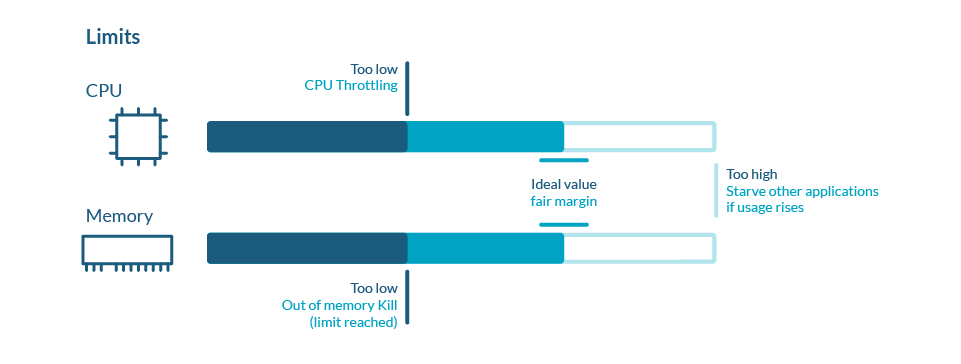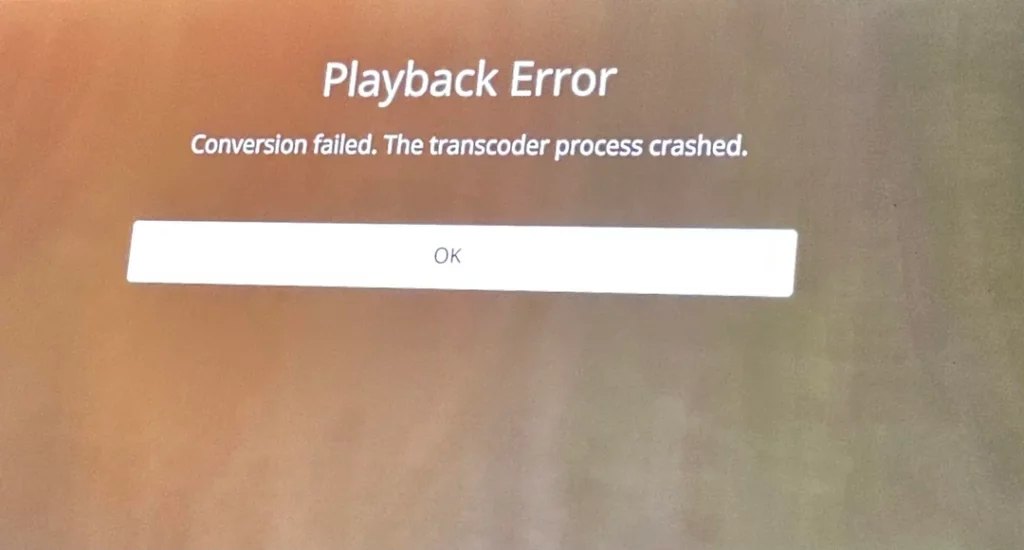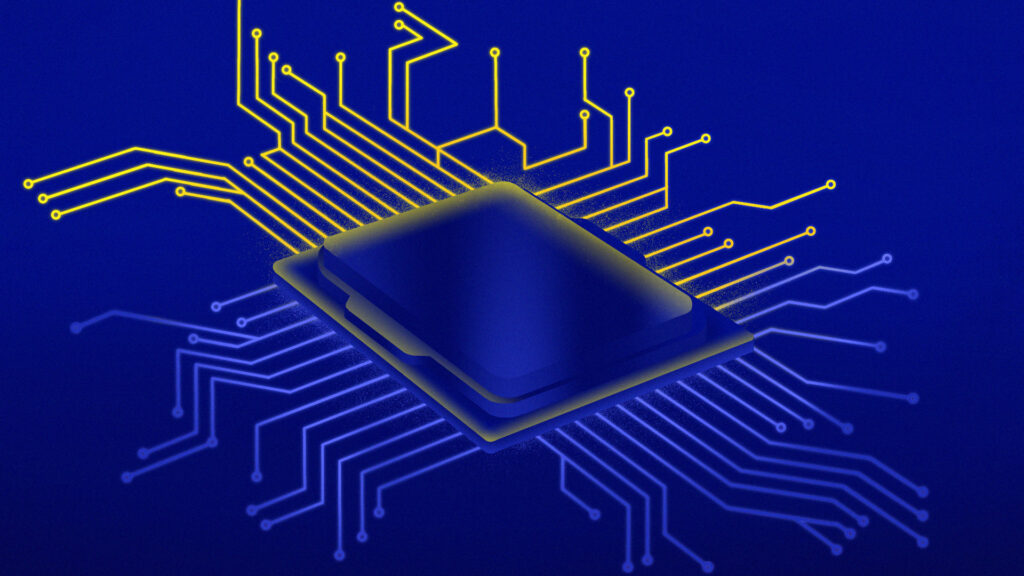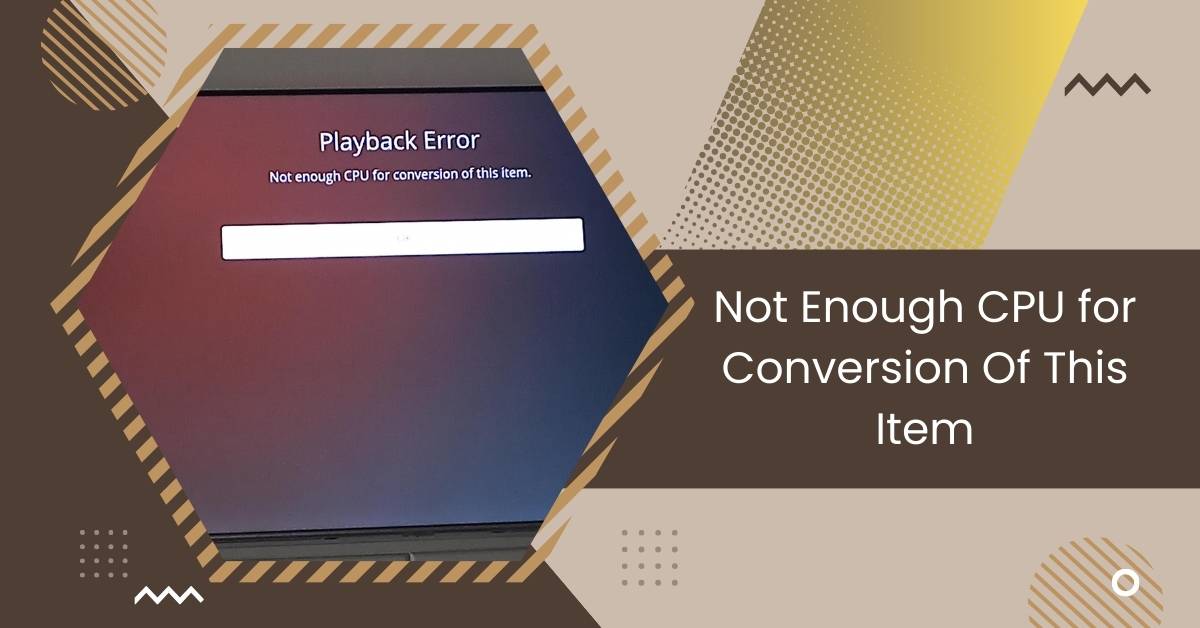If you have ever encountered the message “Not Enough CPU for Conversion of This Item” while working with digital media or processing tasks, you understand the frustration it can cause.
Upgrade your processor if you see “Not Enough CPU for Conversion Of This Item” on your Plex server, ensuring smoother video playback and resolving transcoding issues.
In this article, we’ll delve into the reasons behind this issue and explore strategies to overcome it.
Understanding CPU Constraints
Understanding CPU constraints is crucial for smooth computer operation. When your computer displays the message “Not Enough CPU for Conversion of This Item,” it means your CPU, like the computer’s brain, doesn’t have enough power to do what you’re asking it to do.
This could happen if you’re running too many programs at a time or if the programs you use are too demanding for your CPU.
To fix this, you might close some programs or upgrade your CPU to a more powerful one.
Understanding CPU Limitations

Understanding CPU limitations is important for smooth computer performance. When you see the message “Not Enough CPU for Conversion of This Item,” it means your computer’s brain, the CPU, can’t handle the task you’re asking it to do.
This might occur if you’re running many programs at once or if the programs could be more relaxed for your CPU.
To fix this, you may close some programs or upgrade your CPU to a more powerful one.
Impact On Performance
When your computer doesn’t have enough power (CPU), it gets super slow. Picture waiting forever for a basic file change or your computer crashing all the time.
It’s annoying and messes up your stuff. Old computer parts, big apps, and doing lots of stuff together can stress the computer too much.
This makes your computer act slow, delaying things and making mistakes. It’s like driving a car that’s bad at going up hills. No fun, huh?
Factors Affecting CPU Usage
- Outdated Hardware: Old computer parts may struggle with modern tasks, putting extra pressure on the CPU.
- Resource-Heavy Apps: Big and complex applications demand more from the CPU, impacting performance.
- Multitasking Challenges: Doing too many things simultaneously can overwhelm the CPU and slow processes.
- Insufficient RAM: Not having enough memory can force the CPU to work harder, affecting overall performance.
- Software Bugs: Glitches and errors in software can increase CPU usage, causing system inefficiencies.
- Background Processes: Some programs run in the background, using CPU power even when you’re not actively using them.
Strategies To Optimize CPU Usage
- Task Prioritization: Focus on essential tasks and close unnecessary applications to lighten the CPU load.
- Upgrade Hardware: Invest in modern and powerful hardware components to enhance overall CPU performance.
- Efficient Software Usage: Choose lightweight and well-optimized software to minimize CPU strain during tasks.
- Regular System Maintenance: Keep your system clean, remove unnecessary files, and update software regularly for optimal CPU function.
- Resource Allocation: Smartly distribute resources among running applications to ensure efficient CPU usage and avoid bottlenecks.
See Also: Pre Memory CPU Initialization Is Started – Steps By Steps!
Common Causes of “Not Enough CPU For Conversion Of This Item”

- Outdated Hardware: Older computer components may need more power for modern conversion processes.
- Resource-Heavy Applications: Large and demanding applications can overwhelm the CPU, causing conversion issues.
- Multitasking Overload: Trying to do too many things simultaneously can strain the CPU, leading to insufficient power for conversions.
- Inadequate RAM: Having enough memory can help the CPU’s ability to handle conversion tasks effectively.
- Software Incompatibility: Some software may need to be optimized for your system, resulting in increased CPU demands during conversions.
- Background Processes: Programs running in the background can consume CPU resources, impacting the conversion process.
- Operating System Limitations: Certain operating systems may pose restrictions, affecting the CPU’s efficiency in handling specific item conversions.
Utilizing Multi-Core Processors Effectively
Using multi-core processors is like having a team of workers on your computer. Instead of one person doing everything, tasks get divided among the team, making things faster.
It’s like having different chefs in a kitchen, each handling a part of the meal. Multi-core processors help your computer juggle tasks efficiently, ensuring a smoother and quicker overall performance.
So, it’s like having a helpful crew rather than a lone worker doing all the heavy lifting!
See Also: CPU Vdd Soc Current Optimization – Optimize CPU Power!
Importance Of Software Optimization
Software optimization is like fine-tuning a musical instrument; it ensures your computer’s programs run smoothly and efficiently.
When well-optimized software, it uses fewer resources, like a car running on a well-maintained road. This boosts performance and prevents unnecessary strain on your system, much like exercising regularly to keep your body fit.
Software optimization enhances your computing experience, making tasks faster, smoother, and more enjoyable.
Balancing CPU Usage With Other System Resources

Maintaining harmony among different system resources is crucial for optimal performance. Your CPU, like the conductor of an orchestra, directs various tasks.
Balancing it with other components, such as memory (RAM) and storage, ensures a seamless operation. Think of it as a team effort, where each element plays a vital role.
When balanced, your system operates like a well-choreographed dance, enhancing overall efficiency and preventing bottlenecks.
This synergy guarantees a smoother user experience, akin to a symphony in perfect harmony.
See Also: Can A Motherboard Bottleneck A CPU – Avoid Bottleneck Risks!
Importance of upgrading hardware
- Enhanced Performance: Upgrading hardware components, like a faster processor or more RAM, significantly boosts overall system performance.
- Improved Efficiency: Newer hardware often comes with advanced features and optimizations, leading to more efficient and smoother operations.
- Compatibility with Modern Software: Up-to-date hardware ensures compatibility with the latest software, preventing issues and optimizing functionality.
- Increased Productivity: Faster hardware means quicker task completion, enhancing productivity for both personal and professional use.
- Extended Lifespan: Upgrading hardware extends the lifespan of your computer, delaying the need for a complete system replacement and providing a cost-effective solution for long-term use.
Monitoring and Managing CPU Usage
Monitoring and managing CPU usage is like checking how busy your computer’s brain is. Imagine your computer as a chef – the CPU.
You want to ensure the chef isn’t working too hard, like avoiding a kitchen on fire. Use tools to watch how much work the CPU does and close extra tasks to keep things smooth.
It’s like ensuring the chef cooks without burning the food – a happy and efficient kitchen, or in this case, a computer!
Dealing With CPU-Intensive Tasks
When facing tasks that demand a lot from your computer’s brain (CPU), it’s like lifting heavy weights for the computer.
To deal with this, you can prioritize the most important tasks, giving them the CPU’s full attention. Think of it as a traffic cop directing cars – the CPU manages tasks, ensuring a smooth flow.
Additionally, consider upgrading your computer’s brainpower (CPU) to better handle heavy tasks, like getting a stronger worker for a tough job.
This helps your computer tackle intensive tasks efficiently, just like having a powerhouse teammate on your side.
See Also: Can I Use 70 Alcohol To Clean CPU: Optimal Cleaning Solution
Final Thoughts
Upgrade your hardware, optimize software, and balance resources to overcome “Not Enough CPU for Conversion of This Item.”
Understanding CPU constraints and implementing effective strategies ensures a smoother computing experience. Optimize and monitor wisely for frustration-free performance.
Related Questions
1. Can software updates improve CPU performance for conversions?
Updating software can enhance efficiency and compatibility, positively impacting CPU performance.
2. What are the signs of CPU limitations during conversion processes?
Slow conversion times, system crashes, and error messages are common signs of CPU insufficiency.
3. How often should I upgrade my hardware to avoid CPU limitations?
Regular hardware upgrades, considering technological advancements, can help prevent CPU-related challenges.
4. Are there specific monitoring tools you recommend for identifying CPU bottlenecks?
Tools like Task Manager, CPU-Z, and HWMonitor provide valuable CPU usage and performance insights.
5. What role does multitasking play in CPU limitations?
Multitasking can strain the CPU, leading to limitations during resource-intensive conversion processes.
Also Read
- Why Is My CPU Usage So Low While Gaming: Fix Issues – 2024
- Is Apex CPU Or GPU Intensive – Everything You Need To Know!
- Corespotlightd High CPU – Boost Core Spotlight Performance!

Hi everyone, Johns Jack here, your approachable tech aficionado! I’m passionate about CPUs and thrive on keeping up with the newest tech developments. Join me as we delve into the dynamic realm of technology! Visit: Techy Impacts

